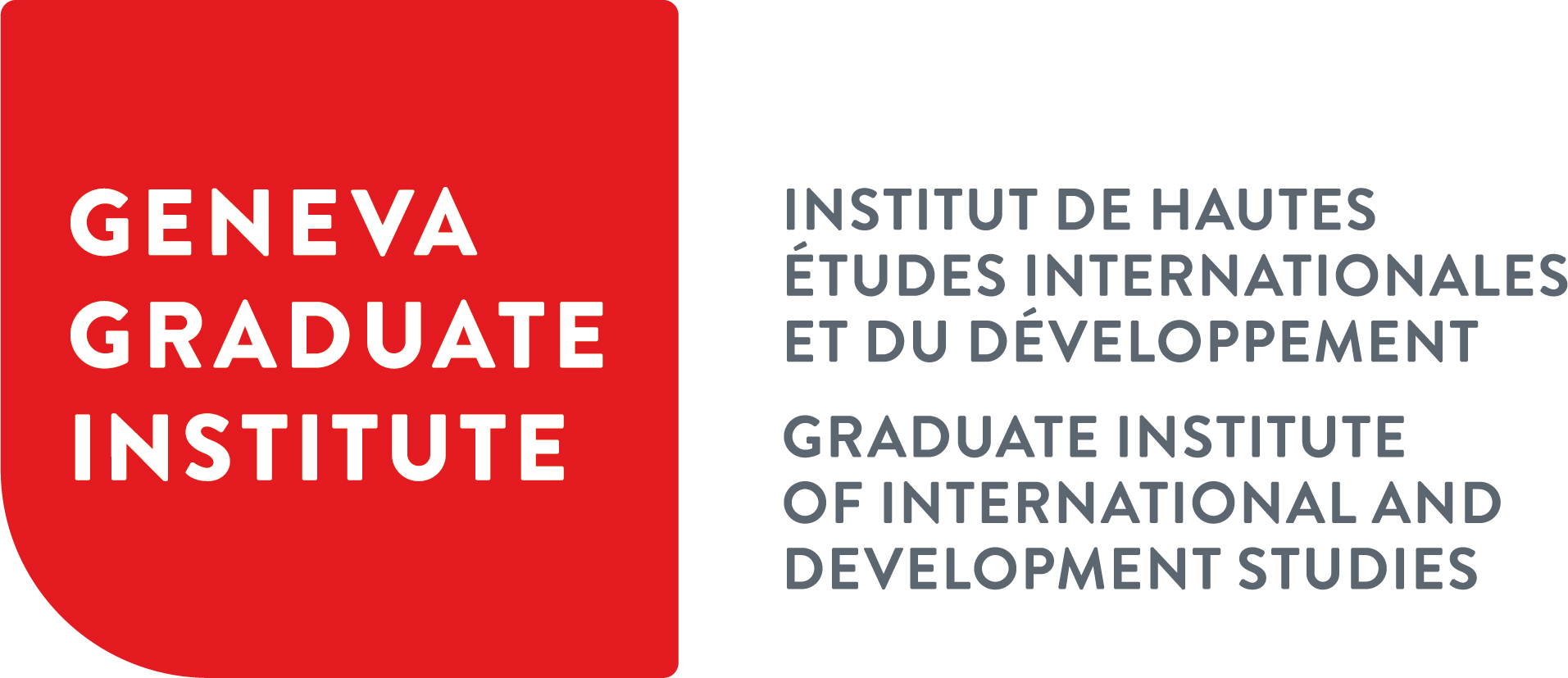News » Non-International Armed Conflicts in Afghanistan and The Taliban’s advance on Kabul
Non-International Armed Conflicts in Afghanistan and The Taliban’s advance on Kabul
Afghanistan has been affected by conflicts for decades. Supported by the United States, the Afghan National Security Forces (ANSF) had fought against the Taliban and the Khorasan province branch of the Islamic State group (IS-KP). In August 2021, following the withdrawal of US troops from Afghanistan, the Taliban have rapidly taken control of most of the country, Kabul included.
The entry of our Rule of Law in Armed Conflict (RULAC) online portal on these NIACs provides a detailed analysis of these conflicts, including information about parties, classification and applicable international law. It has been updated to include recent developments, including the current peace talks between the Afghan government and the Taliban.
The Taliban’s advance on Afghan provinces and Kabul
Since 6 August 2021, the Taliban have advanced rapidly: Afghan provinces fall one by one, until the armed group reached Kabul on 16 August. President Ashraf Ghani immediately fled the country and a few hours later the Taliban entered the Presidential palace. On 17 August, Taliban spokesperson held the first press conference, where he affirmed that they ‘don’t want any internal or external enemies’ and that they ‘wished for peaceful relations with other countries.’
It is worth recalling that this does not imply that international humanitarian law (IHL) ceases to be applicable. As specified by the ICRC ‘a lasting cessation of armed confrontations without real risk of resumption will undoubtedly constitute the end of a non-international armed conflict as it would equate to a peaceful settlement of the conflict, even without the conclusion or unilateral pronouncement of a formal act such as a ceasefire, armistice or peace agreement.’ It is therefore too premature to conclude that the NIAC is over, explains Dr Chiara Redaelli, Research Fellow at the Geneva Academy.


